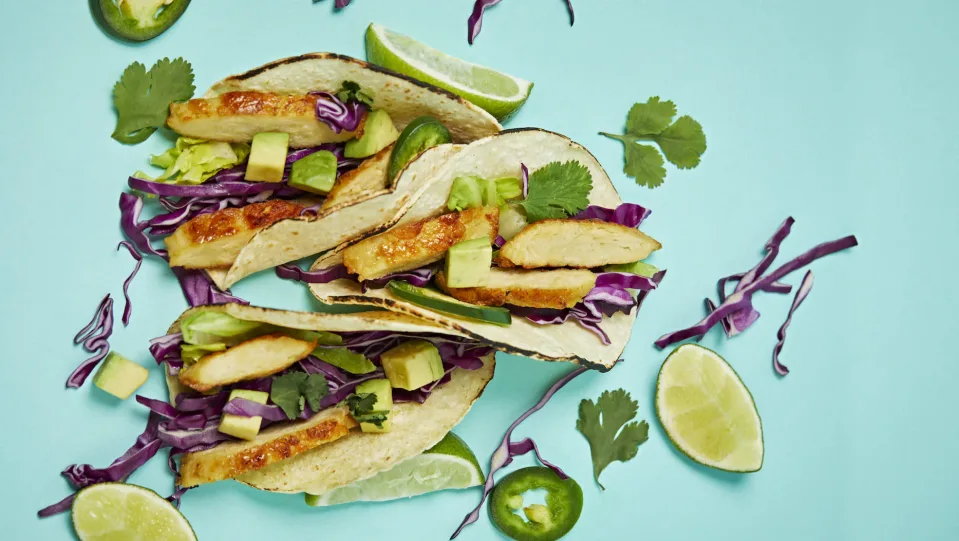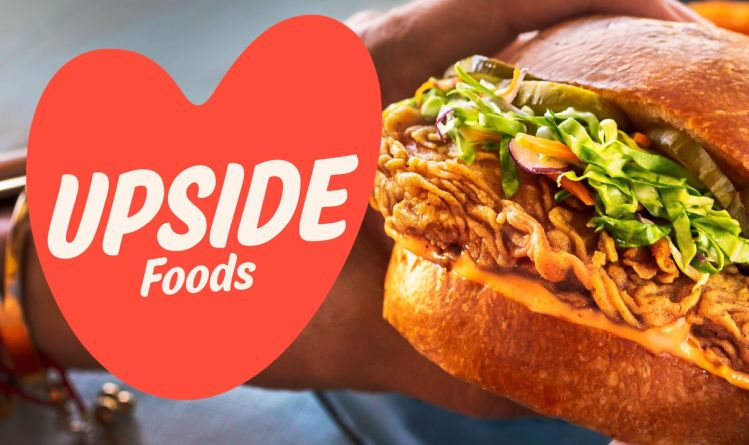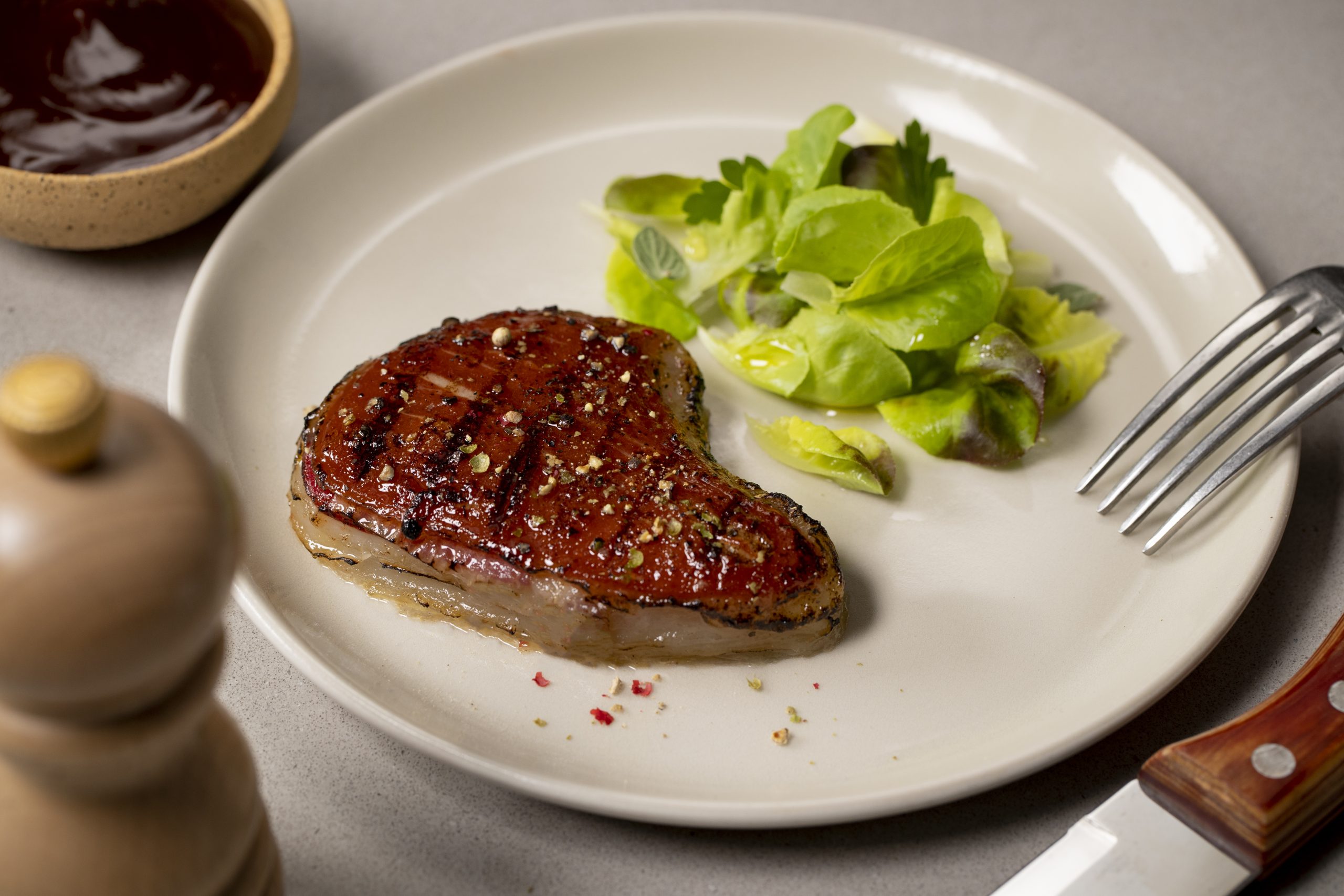We’ve heard a lot about food tech companies introducing new types of food products to fill the gap in what is expected to be a global food shortage in the next 30 years.

Much of the focus over the past six years or so was on the technology to create these new foods and not so much on how companies will make enough of it. Now we are seeing companies taking on the scalability of these products. For example, this week, Planetary announced an $8 million investment toward building facilities to help companies leveraging fermentation technology create and scale their alternative proteins quicker. In addition, Perfect Day, a biotechnology company that developed an animal-free milk protein, also announced this week that it was opening a new facility in Salt Lake City in The Gateway BioHive hub. This is the company’s second location and will be a base for Perfect Day to scale its enterprise biology business. Meanwhile, Nowadays, which raised $7 million this week, is tapping into existing meat-producing channels to make more of its plant-based nuggets.
The Good Food Institute reports that $5 billion in investments were pumped into the alternative proteins space in 2021, a 60% increase from the year prior. Of that amount, cultivated meat and seafood companies secured $1.4 billion in investments in 2021.
Another company gobbling a large chunk of those meaty investment dollars for commercialization is UPSIDE Foods, which you might remember was Memphis Meats. The Berkeley-based company, making cultivated meat, poultry and seafood, took in $400 million in Series C funding, touting it as “the largest round in the industry to date.”
Temasek and the Abu Dhabi Growth Fund co-led the round and were joined by Cargill, Givaudan and Tyson Foods and individual investors, including Bill Gates, John Doerr and Kimbal and Christiana Musk. Also investing in this round are Baillie Gifford, Cercano Management, CPT Capital, Norwest Venture Partners, SALT Fund, SoftBank Vision Fund 2, SOSV’s Indie Bio and Synthesis Capital.

To date, UPSIDE has now raised a total of $608 million. That includes a round we covered back in 2020. Earlier this year, company founder and CEO Uma Valeti had discussed with me UPSIDE’s new 53,000-square-foot engineering, production and innovation center, dubbed EPIC, that opened in Emeryville, California in November.
It is designed to produce any species of meat, poultry and seafood, and will initially make more than 50,000 pounds of finished product as it scales to a future capacity of more than 400,000 pounds per year, Valeti said at the time.
That’s not all the company has been up to in the last two years: In addition to rebranding last May, the company announced that its first consumer product would be chicken, a partnership with three-Michelin-starred chef Dominique Crenn, the development of a cell feed that’s completely free of animal components and, in January, acquired cultivated seafood company Cultured Decadence.
Valeti told TechCrunch that UPSIDE was expecting to raise the Series C, especially after meeting all of those milestones. Now the company is focusing on building out the supply chain and consumer adoption.
“Cultivated meat has been around for six years, and there is enormous momentum,” he added. “Over the past five years, we have shown viability on the science and technology side, and now we want to show scalability.”
Valeti notes that a lot of work is yet to be done on improving the industrial process and the yields UPSIDE will be getting out of it, calling it “a race against time” related to the crises with the environment, using animals for food and the supply chain.
The new funding will go toward doing all of that — building a commercial-scale facility, educating consumers and building out that robust and cost-effective supply chain infrastructure around cell feed (media) and other inputs.
Again, nothing will be immediate, Valeti admits it will take 18 to 24 months to build the facility, and when it is completed, the technology coming out of EPIC will transition to the new site to scale to “tens of millions of pounds of product,” he added.
For now, small batches of products will come out of EPIC. Pending regulatory review, the company’s chicken product will be available to consumers in the U.S. later this year. With the cost of conventional meat going up, the focus is to see what people are willing to pay for and who will choose choice and value, Valeti notes.
“Our goal is to introduce consumers to cultivated meat to dispel any confusion with meat alternatives,” he added. “This is going to open up the entire cultivated meat space, and as the pioneer, we are writing the playbook and sharing it with people. In the next two decades, so many products will be brought to market, so our goal is to engage with consumers and B2B businesses. The consumer has to fall in love with this.”









